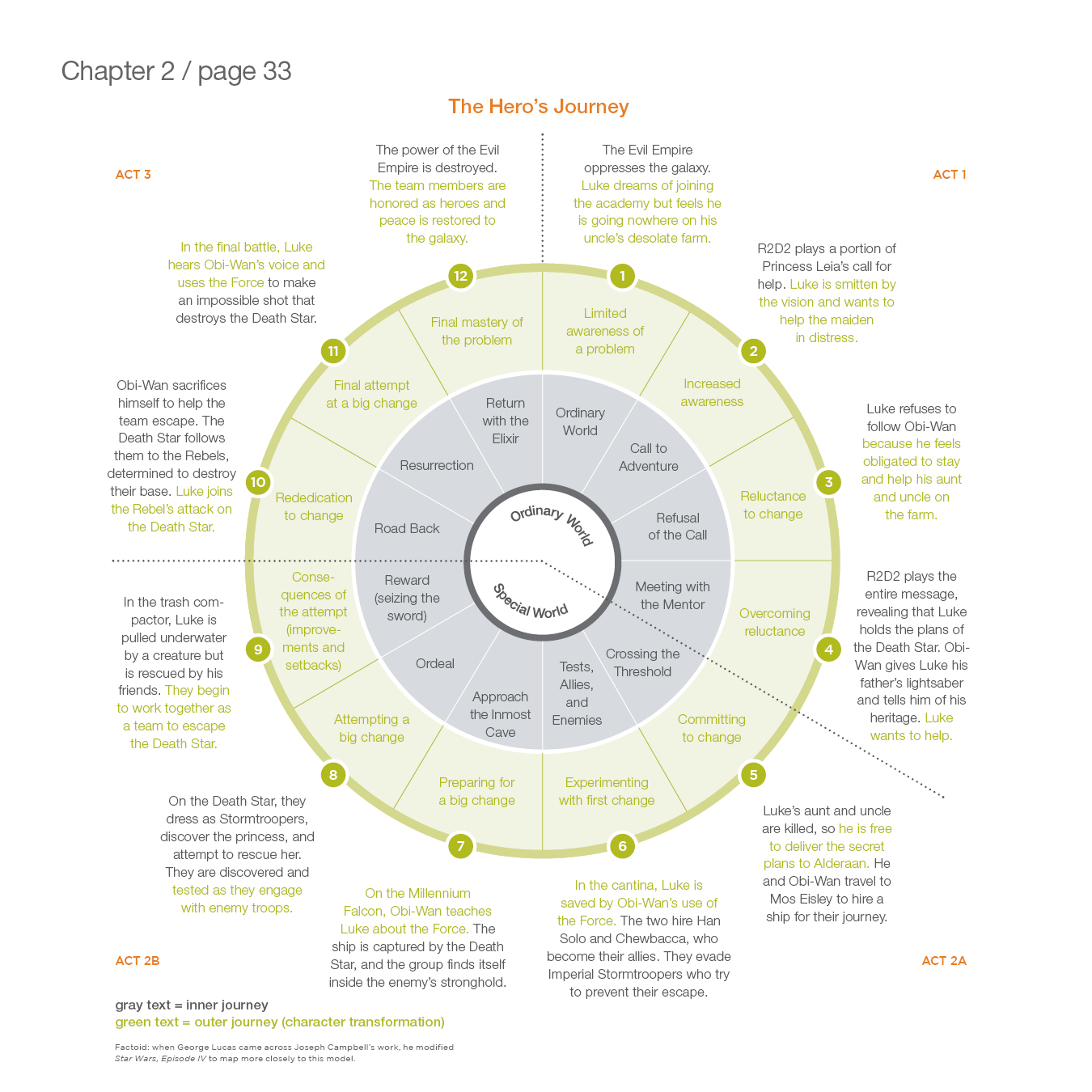Mobile Learning on the Brain Train™
Date
Last week, I had the pleasure of hosting another Brain Train™ with three forward-thinking educators about the future of mobile learning (beyond just the devices and apps). Not only was it a lively conversation about instructional practices and educational philosophy, but it also revealed several interesting ideas and insights about the future.
Joining me for the excursion was the chief information officer of a regional education service district, an administrator for instructional technology at a large suburban school district, and a director of professional development events for a regional non-profit educational organization.
Our opening exercise was to play a round of A Game of Phones (using education or a classroom as the setting). After generating a few viable solutions, we moved onto the first guiding question of the day: What are the present day challenges to mobile learning in the classroom? Most of the scenery of rural Washington flew by as we debated the nature of different devices: those we carry (tablets), those we pocket (phones), and those we wear (or will in the near future).
One aspect about implementation was the different ways it can fail (beyond just technological challenges).
Consensus was that the bigger challenge is finding the instructional strategies that work best. Having tablet devices and teaching the same way as before is no different (in terms of instructional value or improvement) than when teaching with slates and chalk a century ago.
This lead to a discussion about different models for the role of education in preparing students for the future. One promising idea we explored was Joseph Campbell's The Hero's Journey. Though often cited as a loose framework for Star Wars (Episode 4), it also happens to highlight important aspects of development that comes from an effective learning experience:

We arrived in Seattle just as we were shifting the conversation to figuring out how digital content, open educational resources (OER) and learning analytics fit in to this. Instead, we enjoyed the fine provisions of Tat's Delicatessen before heading back to King Street Station to catch the southbound train back to Portland.
In the end, while there are no clear answers or skills acquired on a Brain Train™, it does provide a necessary opportunity for unstructured conversation, sharing, and debate among the very thought leaders trying to figure out how best to improve the process and practice of teaching and learning.

